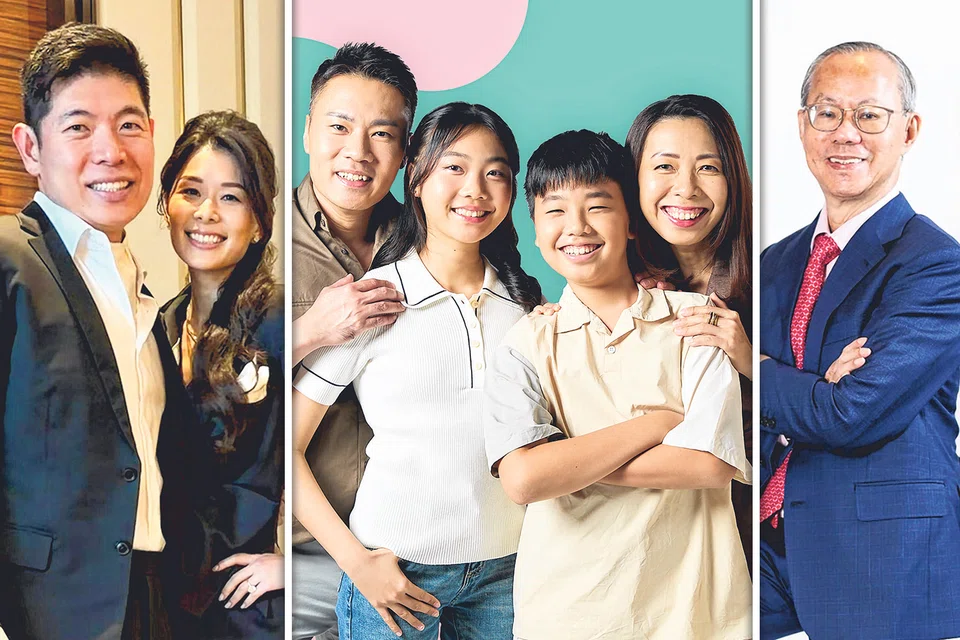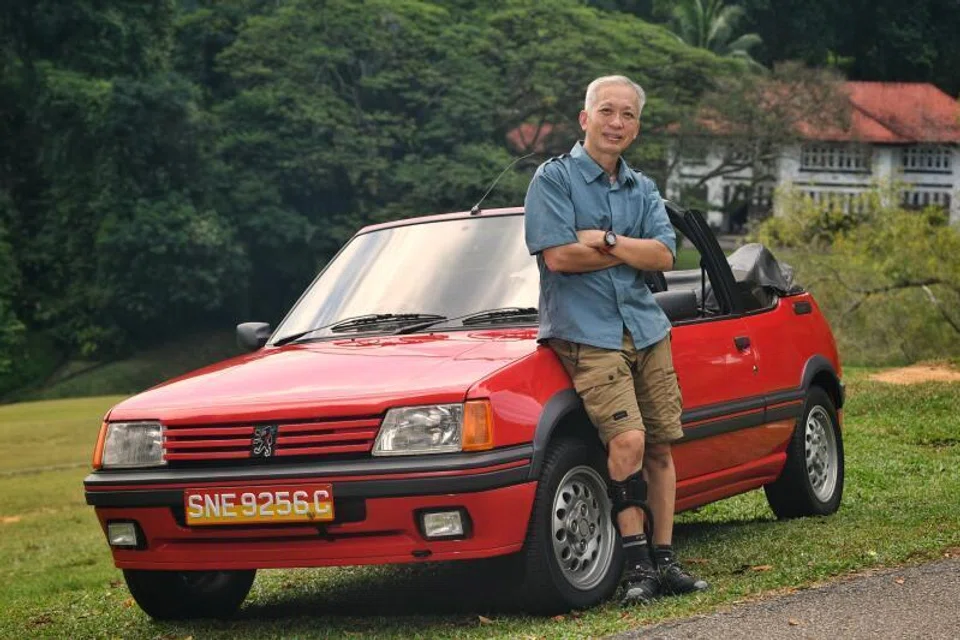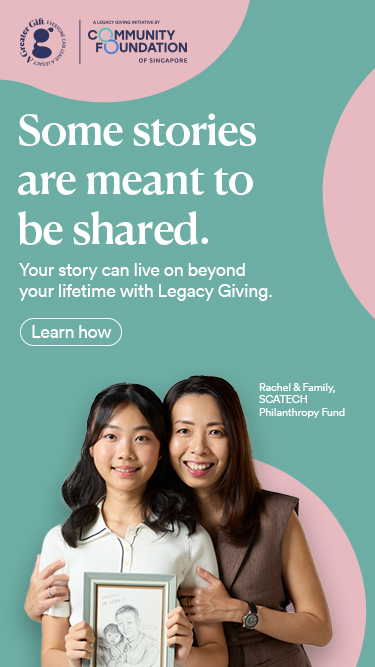Lianhe Zaobao: Nathan Social Work Award open for applications from Nanyang Polytechnic students


纳丹教育提升基金”惠及人数及拨出金额多年来稳定增长,今年还为南洋理工学院社工系的学生增设助学金。
该基金是已故前总统纳丹在2011年9月19日推出回忆录《万想不到的征程——当上总统之路》时设立的,目的是帮助家庭经济有困难的学生获得良好教育。
该基金通过教育和技能培训为他们提供支援。
另外,该基金今年增设“纳丹社工助学金”(S R Nathan Social Work Award),以纪念纳丹为社工领域留下的精神遗产。
纳丹毕业于设在新加坡的马来亚大学,以特优成绩考获社会学文凭,并在上世纪50年代担任医疗社工和海员福利官。他也在晚年时设立新加坡福利理事会,这个组织是国家福利理事会的前身,目前旗下有超过400个志愿福利团体。
“纳丹社工助学金”包含三个价值1500元的助学金,每年颁发给就读于南洋理工学院社会科学(社工)专业文凭课程、经济上有需要的学生。
助学金旨在帮助减轻这些学生的经济负担,让他们能专心完成学业。首批三名助学金得主将在今年12月公布。Read more.
Translation:
Nathan Social Work Award open for applications from Nanyang Polytechnic students
The S R Nathan Education Upliftment Fund was launched on 19 September 2011 in conjunction with the publication of the late Mr Nathan’s memoirs, “An Unexpected Journey”.
Total amount disbursed since inception: S$2.7m compared to S$2.6m from the same period last year.
Total number of students the fund has supported since inception: 1,129. About 15% increase from the same period last year, where almost 1,000 students were beneficiaries.
The S R Nathan Social Work Award set up to honour Mr. Nathan and his legacy in the social work sector.
He graduated with a Diploma in Social Work from the University of Malaya and was a medical social worker and seaman’s welfare officer in the 1950s. In his later years, he also helped to set up the Singapore Council of Social Service, the predecessor of the National Council of Social Service which now oversees over 400 voluntary welfare organisations in Singapore.
The award comprises three bursary awards worth S$1,500 each, which will be presented annually to financially needy students in NYP’s Sciences (Social Work) course. First recipients of the award will be announced in December 2017.
纳丹教育提升基金”惠及人数及拨出金额多年来稳定增长,今年还为南洋理工学院社工系的学生增设助学金。
该基金是已故前总统纳丹在2011年9月19日推出回忆录《万想不到的征程——当上总统之路》时设立的,目的是帮助家庭经济有困难的学生获得良好教育。
该基金通过教育和技能培训为他们提供支援。
另外,该基金今年增设“纳丹社工助学金”(S R Nathan Social Work Award),以纪念纳丹为社工领域留下的精神遗产。
纳丹毕业于设在新加坡的马来亚大学,以特优成绩考获社会学文凭,并在上世纪50年代担任医疗社工和海员福利官。他也在晚年时设立新加坡福利理事会,这个组织是国家福利理事会的前身,目前旗下有超过400个志愿福利团体。
“纳丹社工助学金”包含三个价值1500元的助学金,每年颁发给就读于南洋理工学院社会科学(社工)专业文凭课程、经济上有需要的学生。
助学金旨在帮助减轻这些学生的经济负担,让他们能专心完成学业。首批三名助学金得主将在今年12月公布。Read more.
Translation:
Nathan Social Work Award open for applications from Nanyang Polytechnic students
The S R Nathan Education Upliftment Fund was launched on 19 September 2011 in conjunction with the publication of the late Mr Nathan’s memoirs, “An Unexpected Journey”.
Total amount disbursed since inception: S$2.7m compared to S$2.6m from the same period last year.
Total number of students the fund has supported since inception: 1,129. About 15% increase from the same period last year, where almost 1,000 students were beneficiaries.
The S R Nathan Social Work Award set up to honour Mr. Nathan and his legacy in the social work sector.
He graduated with a Diploma in Social Work from the University of Malaya and was a medical social worker and seaman’s welfare officer in the 1950s. In his later years, he also helped to set up the Singapore Council of Social Service, the predecessor of the National Council of Social Service which now oversees over 400 voluntary welfare organisations in Singapore.
The award comprises three bursary awards worth S$1,500 each, which will be presented annually to financially needy students in NYP’s Sciences (Social Work) course. First recipients of the award will be announced in December 2017.
- Related Topics For You: ACCESSING QUALITY EDUCATION, CHARITY STORIES, DONOR STORIES, EDUCATION, FAMILIES, NEWS, STORIES OF IMPACT, YOUTH



